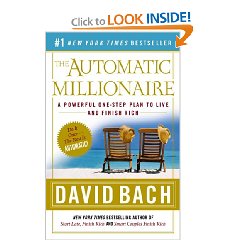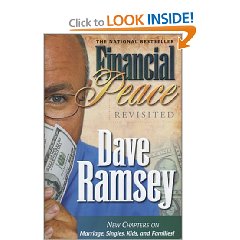 This book is unlike every other photography book I’ve read, and that’s why I like it. It doesn’t attempt to teach you how to be a great photographer, and it certainly doesn’t waste any space showcasing the authors’ work. It addresses a very different -and very real- need for photographers: a place to turn when you are feeling less than creative. The authors don’t want you to sit down and read a book, they want you to get out, take and make photos. Their job is to give you ideas that can easily be put into action. …action that will inevitably spark some inspiration.
This book is unlike every other photography book I’ve read, and that’s why I like it. It doesn’t attempt to teach you how to be a great photographer, and it certainly doesn’t waste any space showcasing the authors’ work. It addresses a very different -and very real- need for photographers: a place to turn when you are feeling less than creative. The authors don’t want you to sit down and read a book, they want you to get out, take and make photos. Their job is to give you ideas that can easily be put into action. …action that will inevitably spark some inspiration.
The book is divided into two parts. 1.) Crafty things to do with your photos, and 2.) ideas of what and how to shoot next. Personally I enjoyed the second part much more than the first, but in light of the economy and the fast approaching Christmas season I will certainly be implementing some of their crafty ideas for my gifts this year.
No matter where you are in your photographic pursuits there are plenty of things in this book you can benefit from. If you’re feeling stifled creatively then it would be well worth your time/money to pick up this book. …but only if you’ll actually DO some of the things they suggest. =)
![]()











